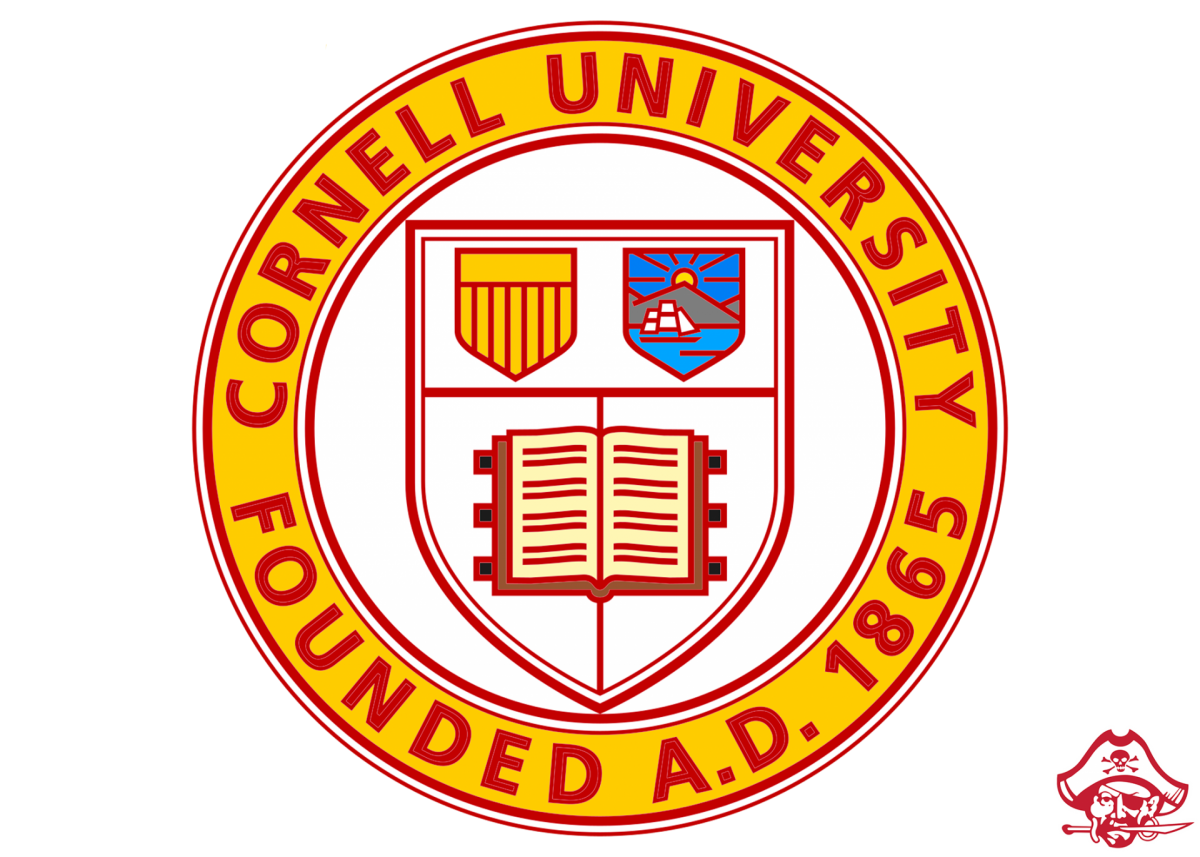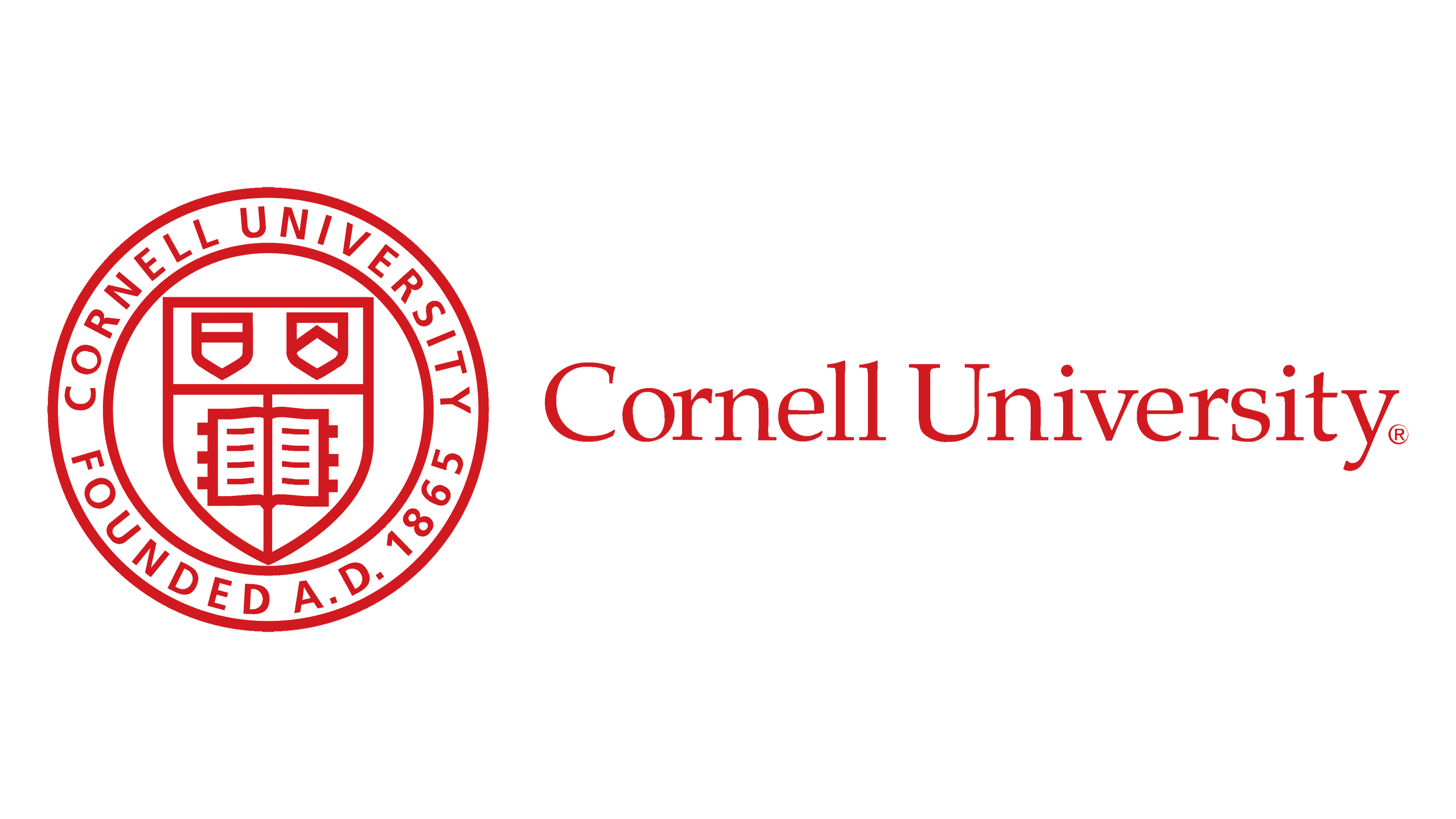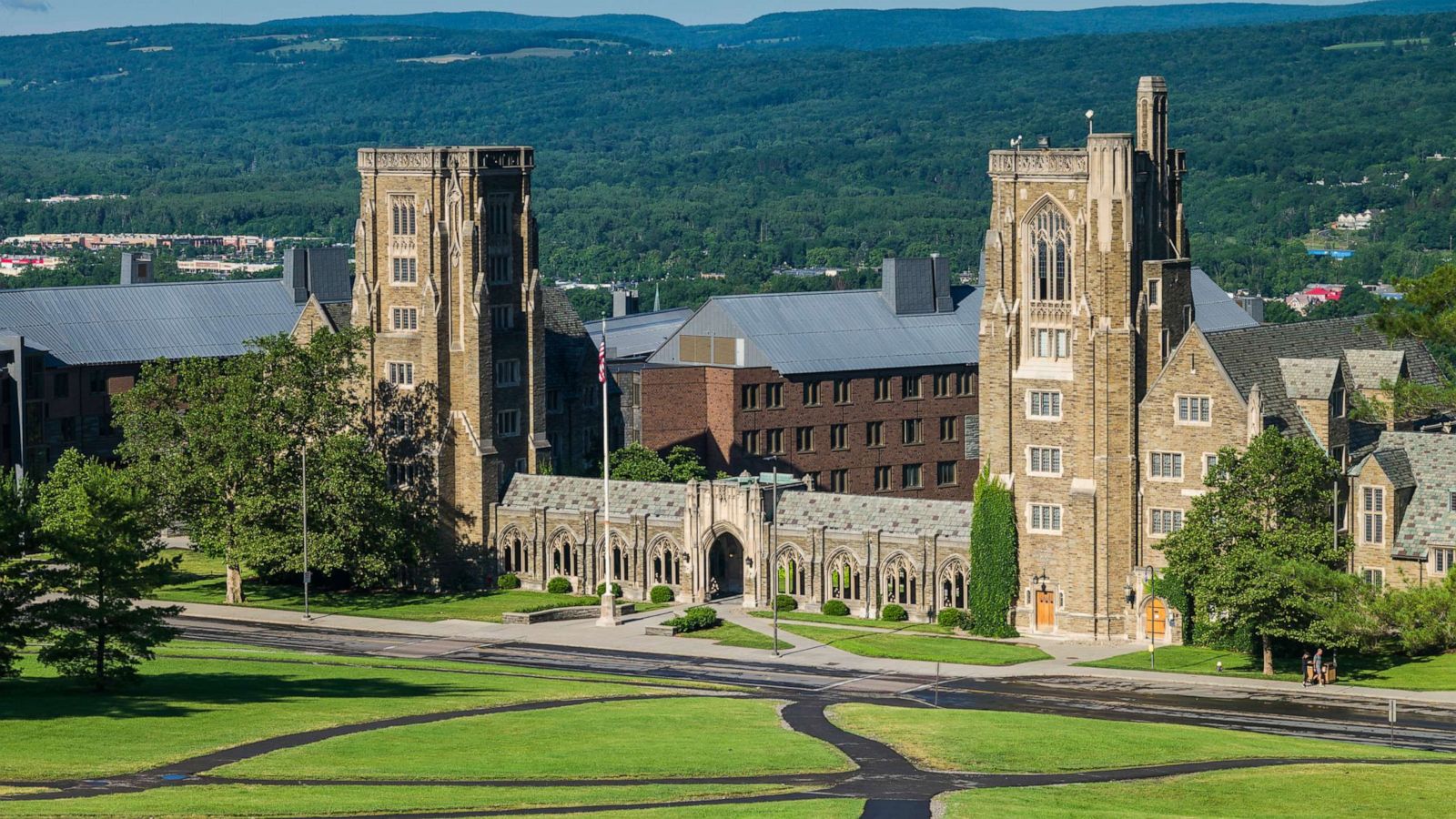Table of Contents
- Should College Come With Trigger Warnings? At Cornell, It’s a ‘Hard No ...
- About | Cornell University
- Download Cornell University Tower Aerial View Wallpaper | Wallpapers.com
- Cornell Campus
- Opinion: Cornell University, go (other) Big Red! - Jesuit High School
- Should College Come With Trigger Warnings? At Cornell, It’s a ‘Hard No ...
- Cornell University cancels classes due to ‘extraordinary stress’ after ...
- Cornell University boosts security after antisemitic threats - BBC News
- Cornell University Logo and symbol, meaning, history, PNG, brand
- Local students can try classes at Cornell University this weekend - The ...



Background: Indirect Costs and Research Funding


The Lawsuit: Cornell University v. DOE



Implications for Research Institutions
The lawsuit has significant implications for research institutions across the United States. If the DOE's cuts to indirect costs are allowed to stand, many universities and research institutions may be forced to reduce their research activities, lay off staff, or divert funds from other critical areas. This could have a ripple effect on the entire research ecosystem, impacting not only the institutions themselves but also the students, faculty, and staff who rely on these funds to conduct vital research.
Potential Consequences for the Scientific Community
The outcome of this lawsuit will have far-reaching consequences for the scientific community. If Cornell University is successful in its lawsuit, it could set a precedent for other research institutions to challenge similar cuts to indirect costs. On the other hand, if the DOE's actions are upheld, it could lead to a reduction in research funding across the board, potentially stifling innovation and progress in critical areas such as energy, healthcare, and environmental science. The lawsuit filed by Cornell University against the DOE highlights the critical importance of indirect costs in supporting research activities. As the scientific community waits with bated breath for the outcome of this lawsuit, one thing is clear: the fate of research funding hangs in the balance. Will the courts rule in favor of Cornell University, or will the DOE's cuts to indirect costs be upheld? Only time will tell, but one thing is certain – the outcome will have a profound impact on the future of research in the United States.Keywords: Cornell University, DOE, indirect costs, research funding, lawsuit, scientific community